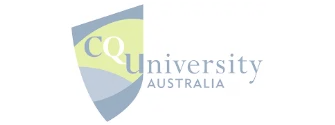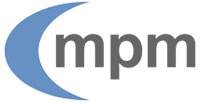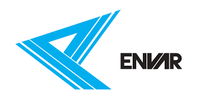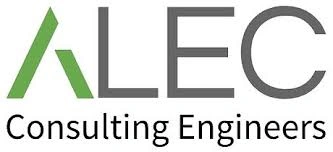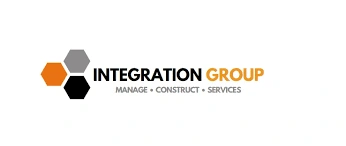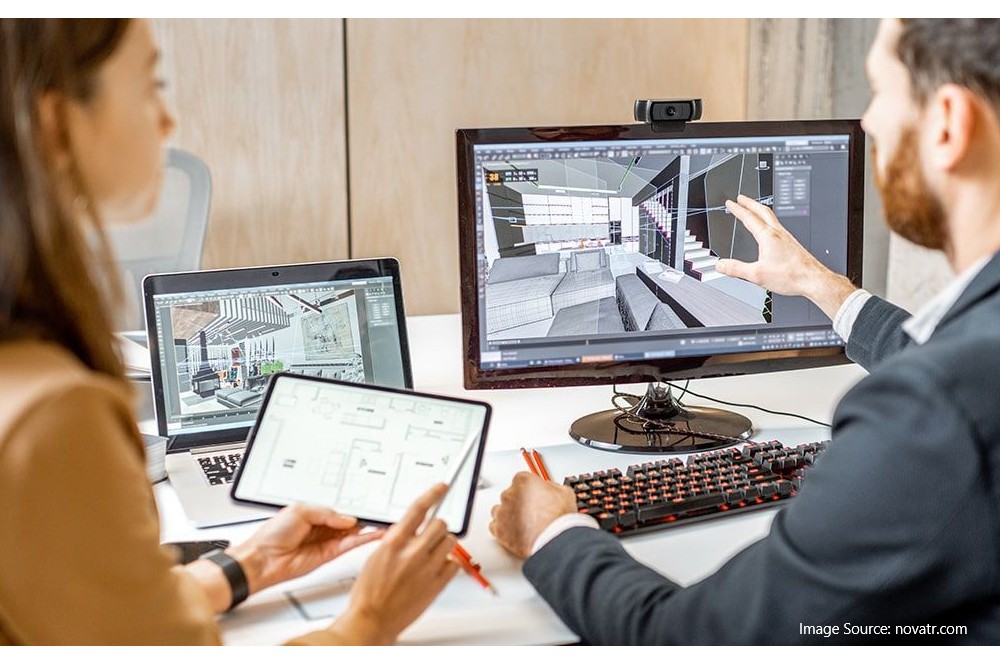
Digital engineering and Building Information Modelling (BIM) have evolved from niche skill sets to essential capabilities. As technologies like digital twins, VR coordination, and data-rich workflows become standard, upskilling your team isn’t just an investment—it’s a strategic necessity.
So, how do you build a future-ready team? Here’s a breakdown of structured training, real-world learning, and internal knowledge-building strategies that ensure your people grow alongside the industry.
Formal Certifications That Move the Needle:
Structured learning programs provide your team with the foundations needed for strategic project delivery. A few standout options include:
- Bond University’s Graduate Certificate in BIM & IPD: Equips professionals with collaboration tools, BIM standards, and delivery frameworks.
- EIT’s Professional Certificate of Competency in BIM: Ideal for those seeking a quick yet comprehensive dive into BIM workflows, sustainability, and tools.
- RICS Academy’s Certificate in BIM Implementation & Management: Focuses on stakeholder communication, digital workflows, and leadership in BIM environments.
These certifications don’t just validate skills—they also align your team’s learning outcomes with global best practices.
Microlearning for Targeted Development:
For fast-paced teams, platforms like LinkedIn Learning, Autodesk University, and Coursera offer bite-sized modules tailored to specific roles or challenges. Whether it’s improving clash detection accuracy, mastering federated model coordination, or learning common data environments (CDEs), this approach supports continuous growth without disrupting project timelines.
Building Knowledge from Within:
Upskilling isn’t just about external courses—it’s also about fostering a learning culture internally.
Role Rotation & Secondments:
Encouraging hands-on experience through temporary roles builds empathy and broadens technical fluency:
- Cross-Disciplinary Fluency: When a site engineer shadows a BIM coordinator, they begin to understand spatial conflicts, coordination challenges, and digital workflow nuances.
- Project Agility: Secondments allow staff to appreciate digital touchpoints throughout the lifecycle—design, fabrication, installation—which fosters faster decision-making and better clash-resolution culture.
- Leadership Pipeline: These rotations often reveal hidden leadership potential, especially in navigating tech-driven transformation in construction.
Mentoring & Coaching:
Creating intentional relationships reinforces learning while embedding a culture of trust:
- Tech Skill Transfer: Pair experienced digital engineers with newer team members to demystify tools like Revizto, Navisworks, or Resolve.
- Narrative Coaching: Encourage mentors to share “war stories” from past coordination challenges or breakthroughs—those anecdotes become sticky learning moments.
- Confidence Building: Coaching doesn’t have to be formal. Even informal check-ins after weekly coordination meetings help junior staff speak up more confidently in multidisciplinary settings.
Communities of Practice:
Sustainable learning happens when it’s social and recurring:
- Internal Huddles: Host monthly forums where team members present lessons learned or showcase how they overcame a clash in the model using innovative workflows.
- Technology Spotlights: Rotate presenters who share insights on emerging tech—from AI clash detection to digital twins in FM.
- External Bridges: Actively participate in networks like Australia’s Digital Profession or BIM-focused LinkedIn groups. These often provide webinars, tool comparisons, and peer case studies that keep your team in the loop with broader industry shifts.
Strategic Tips to Maximise Impact:
- Audit Team Capabilities: Use platforms like the APS Career Pathfinder to assess current skills and identify gaps.
- Align Training with Projects: Invest in courses that directly support current deliverables—whether it’s MEP coordination or sustainability reporting.
- Embed Learning into Daily Workflows: Promote “learning by doing” by giving team members room to experiment with models, collaborate in CDEs, and explore new software on live projects.
Upskilling is not just about tech—it’s about unlocking your team’s potential and empowering them to deliver future-ready projects. By blending formal training with organic knowledge-building, you’re not just preparing for tomorrow—you’re leading the way.
Draftech – Your Project, Our Expertise
Testimonials
Thank you for all your efforts on our projects; they have been an invaluable contribution to their success. We look forward to working with you on future projects.
Ian Ferguson MPM Group
Jess and Karl at Draftech were amazing. The communication from the start was prompt, and the entire process was extremely easy. We needed their knowledge on Air Schematics, and they had made one up for our buildings that we service. Thanks so much, and we will be using you guys in the future. Cheers, Air Control Australia.
Greg Colebrook AirControl Australia
With Draftech’s thorough understanding of building services modelling and close attention to detail, Forth has been afforded the opportunity to outsource some of our BIM projects with absolute confidence in the accuracy of the final product.
Gary Murdoch Forth Consulting
Very professional and efficient organization. Delivered a great product to a tight deadline.
ACE Power
Karl and the team are very professional and have a vast knowledge of BIM coordination.
Dwayne Willaims Babinda Electrics
We had multiple large projects with tight deadlines and needed a company we could trust. The teams delivery, attention to detail and understanding of what is being designed is always executed to a high standard.
Martin O’Donovan Envar Engineers
Draftech offered a flexible and reliable approach to working collaboratively with our team. They met our expectations and quality requirements and also offered up new ideas.
Draftech have proven to be a valuable and trustworthy resource and we will continue to work with Draftech on other projects.
Simon Marsden Umow Lai
Draftech is different from others in the professionalism and features they provide.
The ability to walk through projects in real time online provides invaluable insight into problem areas and helps provide an efficient resolution on the spot without many phone calls, emails and the necessity for us to paw through countless drawings to understand the issues.
Todd Morris Manager - Air mech
Draftech were put forward to FIP Electrical as the solution to Coordinate, Model, carry out clash detection, provide Electrical Services Shop Drawings, as built documentation and completed electrical model.
Simon Thorpe FIP Electrical
In close collaboration Draftech set up all our systems and model deliverables. In this process Draftech have proven to be a valuable resource for us and demonstrated commitment, understanding and professionalism.
David Skelley DJCoalition
Draftech’s attention to detail and proactive nature throughout the project assisted us in identifying issues before becoming evident on site, saving us both time and unexpected costs.
Matt Payne PJM Engineering Services
They delivered very high quality Revit models and associated 2D documentation at key milestones, working to a tight budget and in strict accordance with the Architects’ BIM requirements.
Peter Thomas Geoff Hesford
We found Draftech’s work to be of high standard and the team delivered exactly as agreed, in fact, when we considered the project complete, Draftech put further resources into the project as they were not satisfied.
John Johnson Beca
Engaging Draftech during design gave us the tools to make smart decisions.
Hansen Yuncken Design Manager - Michael Harkins
The drafting service is timely, reliable and fit for purpose for the built environment.
Peter Harvey Harvey Industries
Draftech stands apart from other drafting services that we have previously used in their attention to detail and ability to adapt to the individual client’s requirements.
Doug Holt McCaig Aircon
I can confidently recommend Draftech as a solid and reliable supplier, and experts in their field. I look forward to working with them again in the near future.
Chris Behan Norman Disney & Young
After seeing the benefits Draftech provided us on the Townsville Hospital Redevelopment we have set up a relationship with Draftech and intend to continue to use their BIM knowledge and skills for our future projects.
Brad Lund Energy Power Systems
Draftech has no competition as they are in a class of their own.
John Boyes Babinda Electrics
Draftech Developments Drafting and Design Capabilities, in conjunction with their outstanding level of Client service and support has provided great solutions to our engineering and Drafting Design portions within our Gorgon Barrow Island Project.
Aaron Hazelton Applied Electro Systems Pty Ltd
Draftech set up necessary systems and workflows very quickly, but also setup auditable estimating and weekly cost tracking processes that we utilised, requiring little maintenance.
TOM PURDON MPM GROUP


